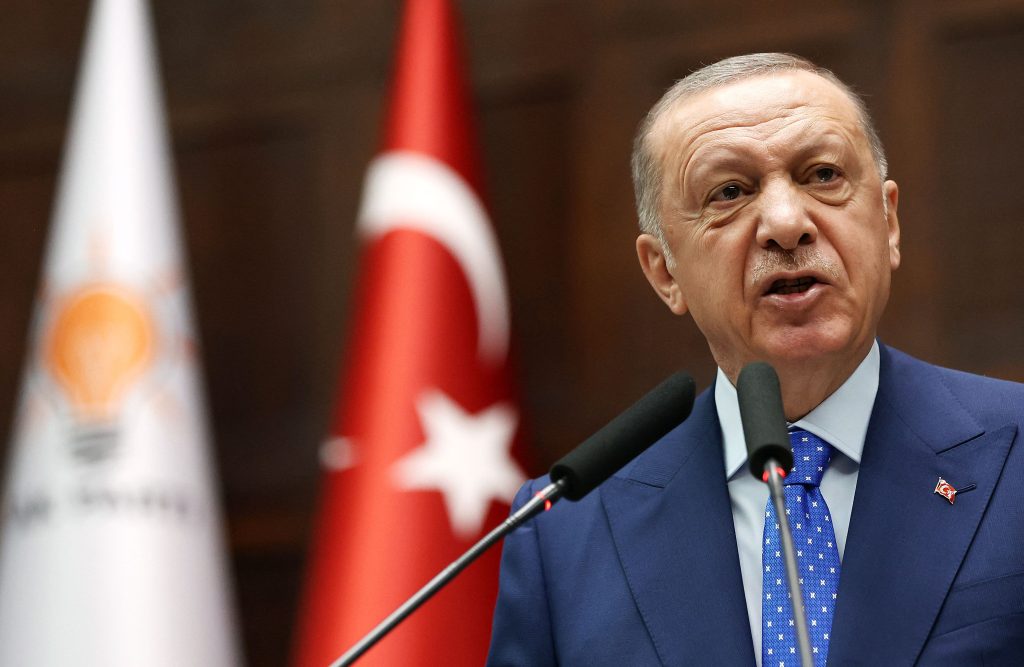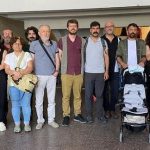“I have not known any (other) place to rest, plan, and begin my exploration into the hinterland of Africa; (the place) where everything unreal seems real… I am mesmerized.” These are roughly the sum total of words of praise the famous Scottish doctor, missionary, and exploration addict, Dr. David Livingstone, who died about one and a half centuries ago in Africa, said about Zanzibar.
Zanzibar is a mystique island destination on the western rim of the Indian Ocean in East Africa, where his name is remembered in the Livingstone House near Msikiti Mabluu (The Blue Mosque), which may indicate a yet untold historic link to Turkey’s Commercial Capital, Istanbul, during the days of the Indian Ocean mercantile trade routes operated by, among others, the Persians (Iranians) and Assyrians.
To say just a little bit more about Dr. Livingstone from the perspective of this analysis, he is said to have grown up in a family environment of personal piety, poverty, and hard work. He had zeal for education and a sense of mission to, among others, solve their contemporary age-old problem of the source or sources of the Nile River. And, on a light note, despite all his travels and missionary efforts covering the area now embracing the countries of the United Republic of Tanzania (Mainland and Zanzibar), Malawi, Zambia, Zimbabwe, and Congo, he is on record for having converted only one African to Christianity.
This historical phenomenon came to my mind as I related to the sight of a looking-satisfied, confident, and proud Turkey’s ‘new and same’ numberless President Recep Tayyip Erdogan touching his breast and what he vowed to do when taking the oath of office for the third term. What an experience that was? I felt like going back to our elementary secondary school Chemistry lab in the late 1950s to observe the repel reaction of same-charge ions. I had lots of imaginations and made several reservations about the occasion.
The Imaginations
I imagined: On the TV, was Erdogan appreciating the disputed poll process that gave him the controversy-packed new term? Why controversy? In the first place, there were background problems surrounding his education level and the two-term limit set by Turkey’s constitution. These were enough to disqualify him. On the contrary, both were craftily swept under the rug by the Supreme Election Board (YSK), whose word on electoral matters is final.

Then, on to the election process itself, why did the Erdogan government have to arrest and expel Spanish lawmakers on a poll observation mission? Social media, later during the elections, was abuzz with allegations of underreported tallies and falsely registered results in the YSK database and claims of votes being stuffed into the ruling AKP’s coalition party. Did this contribute to ally MHP securing an unexpected and unexplainable score level of 10% of the vote cast?
Was Erdogan appreciating the media muzzling and the accompanying misinformation and disinformation that won him votes from the information and, therefore, knowledge-starved remote and rural voters?
Alternatively, was he signifying love for Turkey? Turkey is a republic. Republics worth the name are headed by elected presidents, unlike those of countries like the Democratic People’s Republic of Korea (DPRK). What sort of presidential poll was concluded in Erdogan’s Turkey? How can Erdogan love Turkey and at the same time put provisions of the country’s Constitution under his armpit, trampling on them apart? How can he love the Republic of Turkey and still play the role of the legislative, judiciary, and executive? How much of the democracy pillars remain under his one-man rule? Erdogan stands as the all-in-one complainant, prosecutor, trial judge, and prison administrator.
Could he have, maybe, been expressing love for the people of Turkey, who are also his? These are the very people whose innocent sons and daughters, brothers and sisters, parents, neighbors, and friends are in jail for no apparent reason except his crave for power? These are the people, for whom his government has already made concrete plans and even provided a budget for increasing the prisons’ carrying capacity. What a real unreal or unreal real? Isn’t that mesmerizing to originate from a dedicated head of state?
The Reservations
What did Erdogan say during a grand ceremony, broadcasted live at the Grand National Parliament in Ankara during his swearing-in? Said he:
“I, as president, swear upon my honor and integrity before the great Turkish nation and history to safeguard the existence and independence of the state,” adding, “we will embrace all 85 million people regardless of their political views, origins, or sect.”
When saying this, he was definitely under emotions. The color of his face said it. But the message he sent across gave rise to an assortment of reservations. For anybody who knows Erdogan and his rule, every underlined word above in his oath statement cannot be read without a hiccup or an induced saliva swallowing.
When he said “I,” he was right. Indeed, that was him. But when he said, “as president, swear upon my honor and integrity,” what did he mean? In the first place, was he referring to himself as the president of Turkey or any president under the sun? Was he going through something like a president’s oath-taking template?
Second, an oath is something solemn. In the normal course of life, for example, when we appear before a magistrate or judge in a court of law as witnesses, it is normal to attest to the truth or inviolability of our words. We take an oath “to tell the truth; nothing but the truth.” Believers call upon God and non-believers any god they know of to attest to their truth. From this perspective, therefore, an oath is more than a promise. It has afterlife overtones. So, before the mikes and in front of the screens, was Erdogan really taking an oath or simply making promises (some of which may even remain empty so long as he sits on the throne)?
Third, from the point of view of practice, Erdogan talked of swearing “upon my honor and integrity.” With due respect, does he possess the claimed “honor and integrity?” Honor is not something one can claim to possess. It is accorded to a person commanding high respect and great esteem. It is a society’s attribute. Honor and integrity cannot coexist with disgrace. Sincerely speaking, hasn’t Erdogan’s rule, particularly in the last decade, not actually been disgraceful? In this circumstance, where does one locate honor in his person if it is not generated and maintained by fear? One university don, who is a frequent Istanbul Airport transit passenger to and from Norway, told me: “People are scared stiff of Erdogan.”
By: FELIX KAIZA
Source:politurco.com



